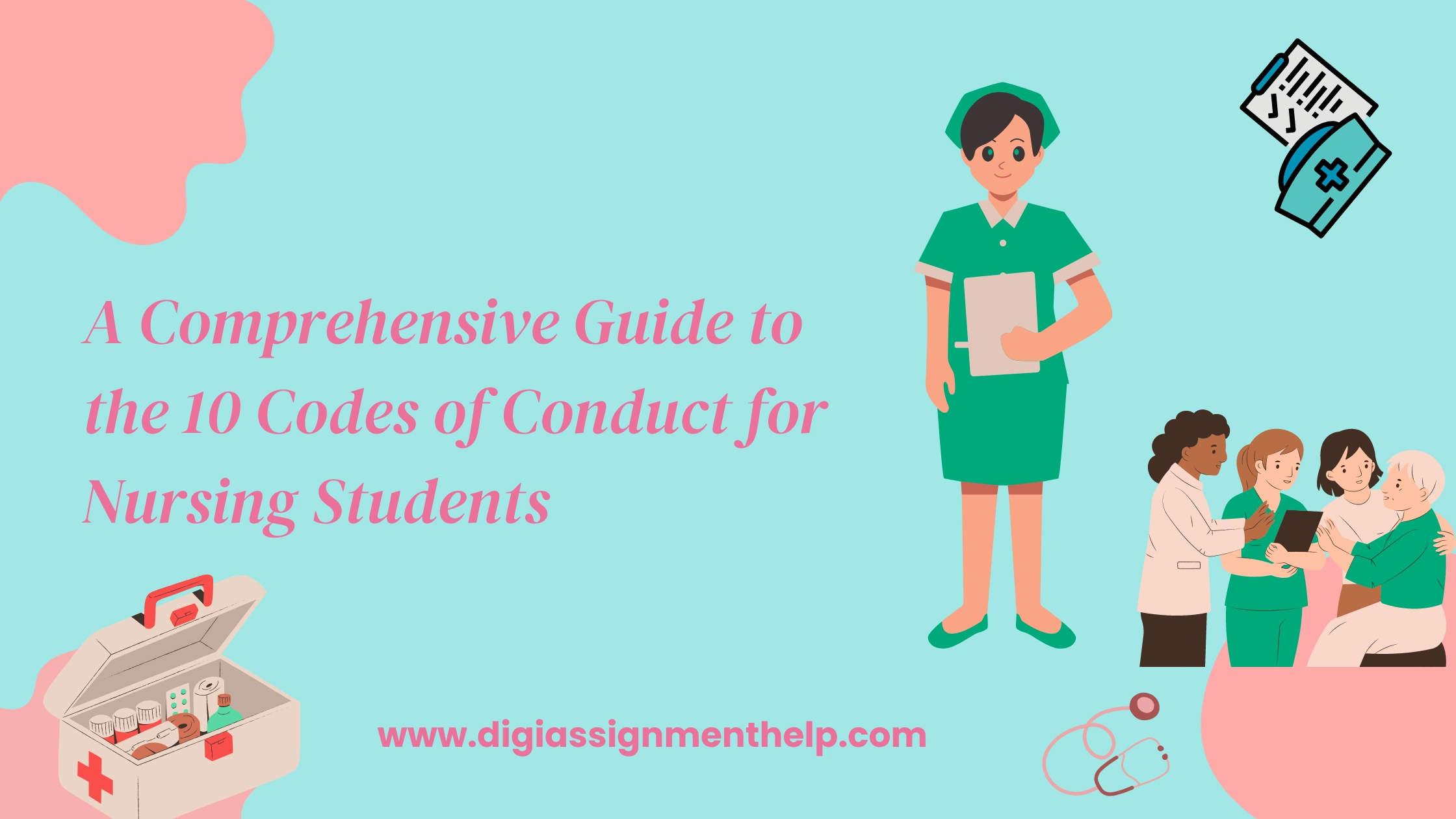How To Become A Nurse Practitioner In Australia
 07-Jun-2024 08:29 AM
07-Jun-2024 08:29 AM

The road to becoming an Australian nurse practitioner is both fun and challenging. Thanks to it, people can move up to higher positions in the healthcare system and more specialized clinical employment.
The procedure entails the required education, clinical experience, and government clearance. Read this article to discover every step required to become an Australian nurse practitioner.
Step 1: Get A Registered Nurse Qualification
Education Requirements
Before becoming a practitioner, you must obtain your nursing license. For that, you need a Bachelor of Nursing degree. This usually requires three years of full-time study. Many colleges and other higher education institutions provide recognized nursing degrees in Australia.
Registration With The NMBA
You must register with the Australian Nursing and Midwifery Board. To register, you must clear a background check and satisfy the English language requirements of the NMBA.
Step 2: Gain Clinical Experience
Practical Experience
You must do much clinical work as soon as you get your registration. You need at least three years of full-time work to get into the NMBA. If not, you could have a part-time counterpart in a proper clinical area. This experience is significant because it builds on the skills and information you already have for higher practice.
Specialization
During this time, it's best to work in a specialized field. When you become an NP, this area should fit in with it. Specializing in children, mental health, or emergency care can help you get a more specific professional background. These will help you when you're looking for higher-practice jobs.
Step 3: Complete A Master's Degree
Advanced Education
The next thing to do is to get a Master's in Nurse Practitioner studies. Most people study full-time for two years to finish this program. The program includes advanced health assessment, medicine, pathophysiology, and clinical decision-making. It also includes much clinical work that doctors or experienced nurse practitioners supervise.
Accredited Programs
Ensure the Australian Health Practitioner Regulation Agency has approved the Master's program you want to attend. Accreditation ensures the school meets the standards needed to become an NP. It also makes sure that the NMBA recognizes it.
Step 4: Obtain Endorsement As A Nurse Practitioner
Application Process
Once you have your Master's, you must apply to the NMBA to become an approved Nurse Practitioner. As part of the application process, you must show proof of your education, clinical training, and supervised practice hours.
Competency Standards
You must show that you meet the NMBA's Nurse Practitioner Standards for work. These standards list the core skills that all nurse practitioners must have to do their jobs safely and competently. Some of these are improved clinical skills, becoming a better boss, and growing professionally.
Continuing Professional Development
In their work, nurse practitioners must never stop learning new things. In turn, this helps them keep their support. It includes going to workshops and participating in practical training activities. It also means staying up to date on the latest changes in healthcare.
Step 5: Start Practicing
Clinical Roles
That's it! You can now start working as a Nurse Practitioner. In Australia, NPs work in a range of places. Some of these are hospitals, neighborhood health centers, private practices, and homes for the elderly. They give advanced medical care, write prescriptions, and do diagnostic tests.
Professional Networking
Join groups for professionals like the Australian College of Nurse Practitioners. They can give you access to ongoing education tools, help with advocacy, and give you chances to meet new people.
Conclusion
You must work hard, attend school, and learn to become a nurse practitioner. Getting this job is hard, but it pays well. You can significantly affect the lives of patients and the healthcare system as a whole. The job of an NP gives you a lot of chances to grow and be happy, no matter what speciality you choose.
In Australia, starting the process of becoming a Nurse Practitioner is a monumental task. Utilizing resources such as Digi Assignment is one way to handle the demands of this challenging road.
Digi Assignment can help you with your homework by using professionals. They help you find a mix between schoolwork, clinical work, and other obligations. Digi Assignment can help you finish your homework well, keeping you on track to reach your goals.











.webp)
















